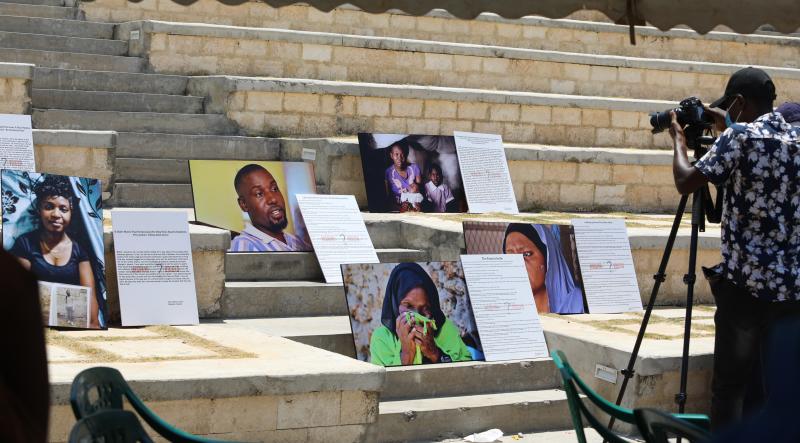×
The Standard e-Paper
Smart Minds Choose Us

In 2007, the minister in charge of security, John Michuki, repeatedly warned the dreaded Mungiki gang members that their days were numbered. According to media reports, hundreds of mostly young men were killed in cold blood.
From 2007, Kenya’s security agencies became more and more bloodthirsty and various media reports indicate that probably thousands of young men have died at the hands of the police without going through the justice system.